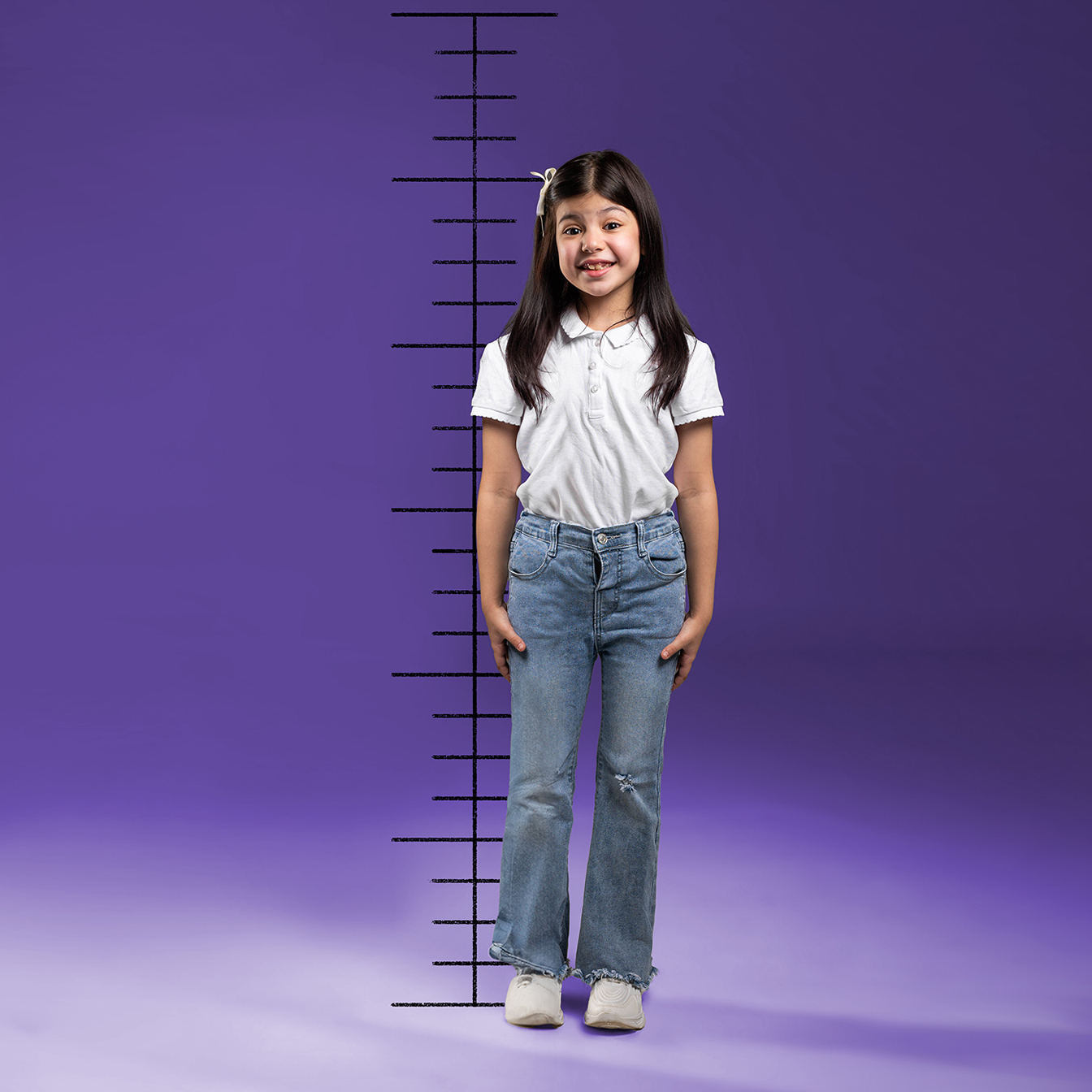PediaSure® Complete 3+
- Main Image
-

- Subtitle
- 3 to 10 Years Old
- Title
- PediaSure® 3+
- Detail Page Path
Explains techniques for gradually introducing a variety of new foods to expand children’s palates and reduce pickiness.
Highlights the importance of engaging children's senses through the look, feel, and taste of new foods to enhance their acceptance.
Discusses the use of positive reinforcement to encourage children to try and accept new foods as part of their regular diet.
Creatively introduce new foods
Try using some techniques to reduce negative food associations and build your child’s confidence and familiarity with new foods, gradually. A first step could include just playing with food when there is no pressure to eat it; for example pretending to feed their toys or playing ‘cafés.’ You can also make this exercise into a game - giving something a lick, trying one spoonful etc. With older children you could do a food quiz together, where they have to try a small amount of a new food and rate it out of 10. At the end of the week, you can then review the scores for different foods together. As children’s confidence in trying new foods grows, they may even like to do blindfolded taste tests for added fun!
With older children, describe to your child how the new eating programme will help them in a range of ways; the first being to help them develop more positive associations with food.
Remember you may have to offer a new food between 10-20 times before your child accepts it (though they may never like certain foods).
Top Tip: Fun ideas to try Sometimes, simply calling foods by a new name can help to break down barriers.

If you’re dealing with a picky eater, there’s nothing to worry about. It’s more common than you think. Check our content to learn how you can support your child’s nutrition

Many parents are concerned about the normal weight and height of their children. They compare them with the other children of the same age to make sure that they are growing normally.

You already know that a growing kid needs a balanced diet full of nutrients, including vitamins and minerals. But what are some of the key nutrients children need.
* Reference available upon request.
ANI-KSA-PN-2024-4415 | 3469266
You are about to exit for another Abbott country or region specific website.
Please be aware that the website you have requested is intended for the residents of a particular country or region, as noted on that site. As a result, the site may contain information on pharmaceuticals, medical devices and other products or uses of those products that are not approved in other countries or regions.
The website you have requested also may not be optimized for your specific screen size.
Do you wish to continue and exit this website?